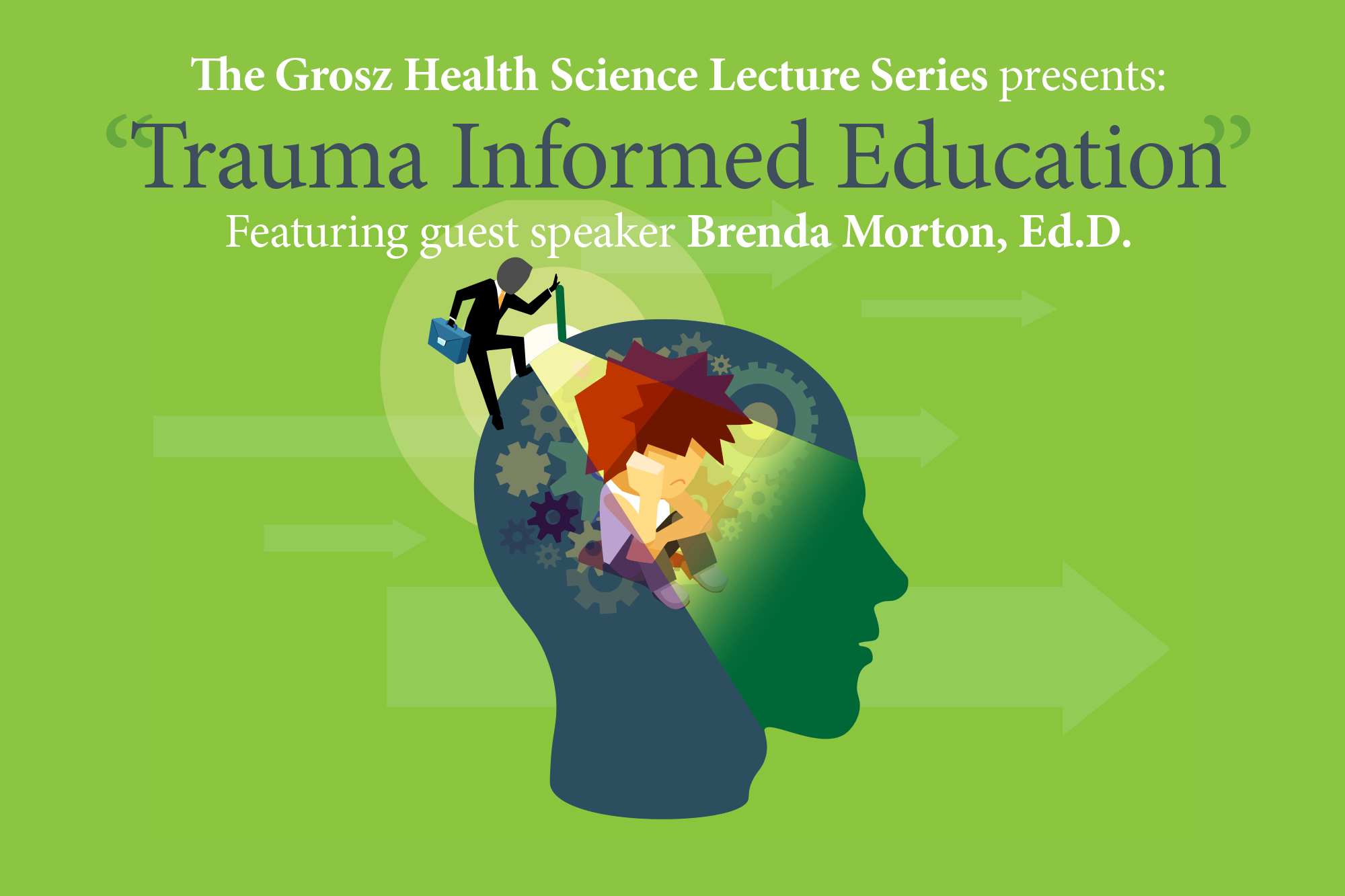Childhood trauma explored in upcoming event at Casper College

As a follow-up to a September presentation on childhood trauma, The Grosz Health Science Lecture Series will present “Trauma-Informed Education” by Brenda Morton, Ed.D., Tuesday, Jan. 14, at 6 p.m. with a workshop to follow at 7:15 p.m.
Morton, associate professor and co-founder of the Trauma-Informed School Initiative at George Fox University, has focused her research on the impact of trauma on the academic outcomes of P-20 students, at-risk youth, and life outcomes of foster children.
What led Morton to her research on the topic of trauma was her experience with two students who were in foster care during her last year of teaching at the high school level. “Getting to know the students and the situation that ended up with removal from their home opened my eyes to an invisible population of students,” Morton recalled. A year after that experience, “We became certified foster parents, and our family grew from four to eight when we welcomed four siblings to our family,” she said.
“Our experiences with the foster care system and the academic challenges we encountered led me to conduct research on foster children and youth and their academic outcomes,” said Morton. What Morton has discovered is that for students to grow and develop socially and academically, they must “ … feel welcome, safe, and cared for in their classrooms. In order for this to happen, we, as teachers, must understand what trauma does to the brain and how it can and will impact their ability to function so that we can accurately interpret these actions and respond appropriately,” Morton noted.
Morton regularly works with school districts around the country to help those districts move from the traditional model of education to what Morton calls “a trauma-informed mindset.” The work, she said, is not easy, but “ … encourages teachers to evaluate their personal, long-held beliefs about students, behaviors, and academic outcomes, and then challenges them to make significant changes,” she noted, adding, “The transformations I have seen in classrooms, and the impact teachers are having on children and youth, who previously had been hard to reach, has been fantastic.”
Both the presentation and workshop will take place in the Union/University building, on the Casper College campus in Room 322, and are free and open to the public. The Grosz Health Science Lecture Series is made possible through the generosity of Carl and Georgina Grosz through the Casper College Foundation.
